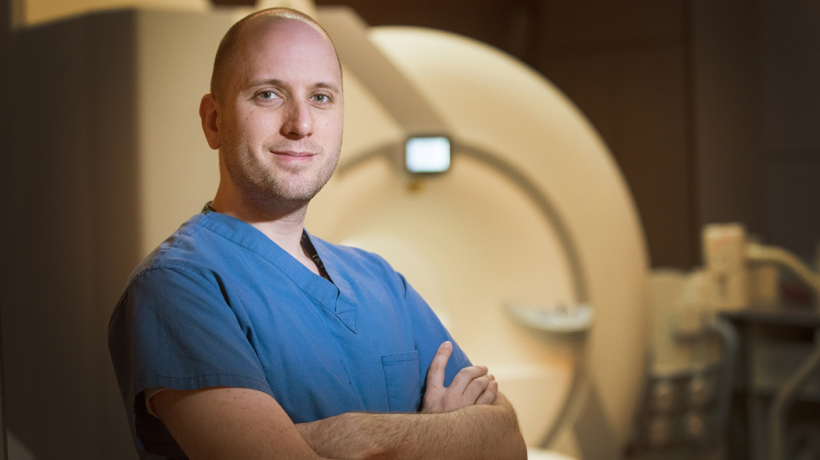Magnetic Resonance Imaging (MRI)

MRI stands for magnetic resonance imaging and is a medical imaging exam that uses a powerful magnet, radio waves and computer processing to produce detailed images of organs, soft tissues, bone and other internal body structures.
Your MRI Exam
When you have an imaging exam at Diagnostic Imaging Northwest you can expect skilled, personal care every step of the way. Before your exam, an MRI technologist will review your medical and allergy history and answer any questions you may have. Your comfort during the MRI is our top priority, so a technologist will be available throughout your exam.
Our technologists have great success working with those who are somewhat claustrophobic or anxious during an MRI. However, if you find you get claustrophobic or anxious prior to an MRI, you may want to ask your physician for a prescription for a mild sedative prior to your appointment.
The Day of Your MRI Exam
Prior to your exam, our staff will inform you of any preparation instructions and your appointment check-in time. MRI scans are usually no more than 45 minutes in length, but please allow 1-1/2 hours to complete the entire registration and exam process.
For your safety, you will be asked to change into a gown to avoid possible interference from any metal in your clothing. A secure locker is provided to store your personal items such as jewelry, watches, and keys.
During your exam, it is normal to hear humming or thumping sounds. Our staff will make every effort to make you comfortable and will provide earplugs, headphones or music to help block much of the sound.
Your exam may require intravenous contrast injection or a coil, a piece of equipment placed over the area to be examined, to enhance the results of your exam.
Your MRI Results
A board-certified radiologist will interpret images from your MRI exam. A final report will be completed within 3 business days and sent to your referring health care provider who will then explain the results and answer any follow-up questions you may have.
Learn More About Our MRI Machines